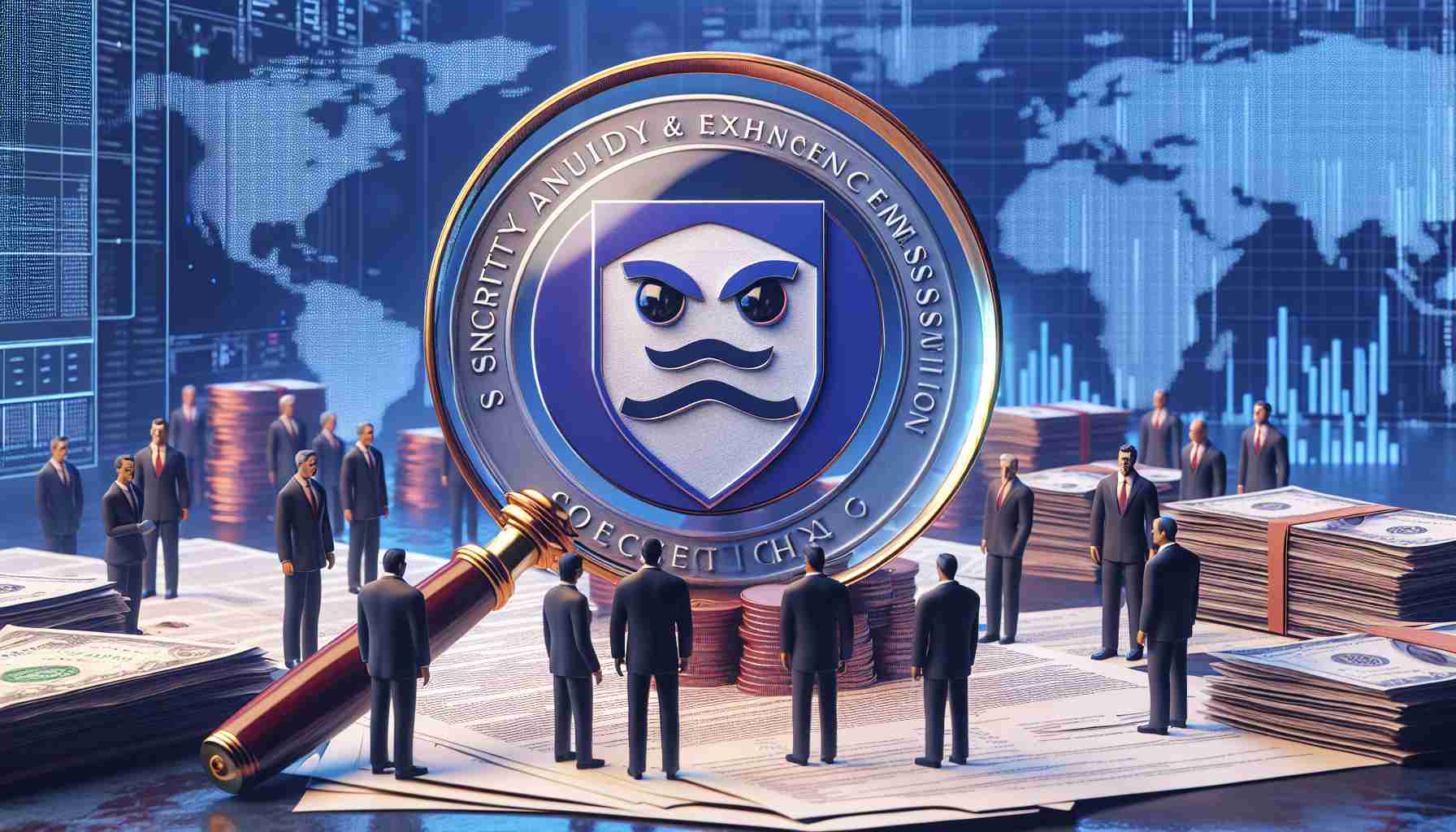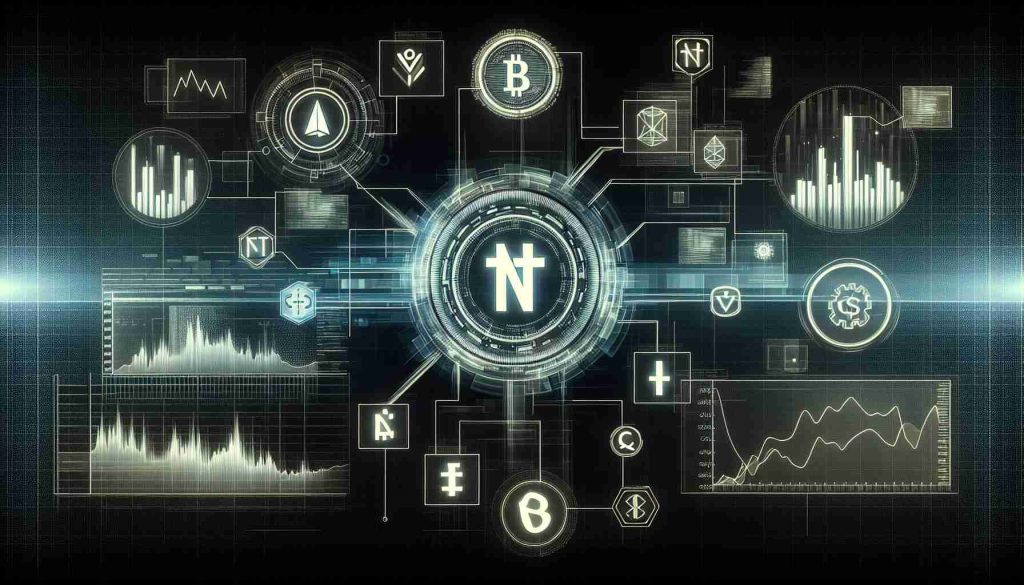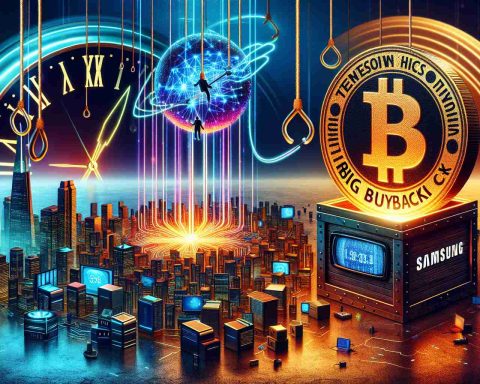OpenSea, the well-known platform for trading non-fungible tokens (NFTs), is under investigation by the law firm Bronstein, Gewirtz & Grossman, LLC. This inquiry comes in light of recent actions taken by the U.S. Securities and Exchange Commission (SEC), which has issued a notice suggesting that some NFTs sold on the platform could qualify as securities.
A recent report highlighted that OpenSea has found itself at the center of the SEC’s initiatives aimed at imposing stricter regulations on the cryptocurrency sector. The firm indicated that the Wells notice typically signals the potential for formal allegations, allowing the implicated parties an opportunity to address these matters before charges are filed.
OpenSea’s leadership has acknowledged that the classification of NFT securities carries the potential for significant repercussions, not only for the company’s operations but also for its diverse user base.
Bronstein, Gewirtz & Grossman, LLC is recognized across the nation for its dedication to representing investors who have been affected by securities fraud and other related legal issues. They operate on a contingency fee model, meaning clients only pay if a successful financial recovery is achieved. This approach allows for broader access to legal support for those seeking justice in the complex world of investments and securities.
As the situation evolves, the implications for both OpenSea and the NFT market at large remain to be seen.
Insights and Tips on Navigating the NFT Landscape
As the digital art and collectibles world continues to evolve, particularly in light of legal scrutiny like that facing OpenSea, it’s essential to stay informed and strategic. Here are some tips, life hacks, and interesting facts that will help you navigate the NFT landscape effectively:
1. Understand the Legal Landscape: Just like traditional investments, NFTs may come with certain legal implications. Stay updated on rulings and regulations, especially those regarding securities, as they can impact the value and legality of your NFT purchases.
2. Diversify Your Portfolio: Don’t limit your investment solely to NFTs. Consider other digital assets and cryptocurrencies to reduce risk. This diversification can protect you from the volatility specific to the NFT market.
3. Do Your Research: Before making any purchase, research the creator and the project behind the NFT. Look into community feedback, previous sales, and any associated legal concerns. Knowledge is power in the NFT space.
4. Use Trusted Marketplaces: Stick to reputable platforms like OpenSea, Rarible, and Foundation. While OpenSea is facing scrutiny, it remains one of the largest platforms; however, always check for seller reputation and past transaction histories.
5. Keep an Eye on Trends: The NFT market can shift rapidly. Stay informed about trends, such as which types of NFTs are gaining popularity—be it digital art, music, interactions in the metaverse, or even virtual real estate.
6. Be Wary of FOMO: Fear of missing out can lead to impulsive buying. Take your time to evaluate whether an NFT fits your collection or investment strategy rather than jumping on the latest bandwagon.
7. Wallet Security: Make sure your digital wallet is secure. Utilize strong passwords and consider using hardware wallets for storing high-value NFTs. This protects you from hacks and loss of assets.
8. Participate in Communities: Engage with NFT communities on platforms such as Discord or Twitter. These spaces offer valuable insights, updates, and connections with fellow enthusiasts and experts who can guide your journey.
9. Attend Virtual Events: Many platforms host welcoming and informative virtual events that help users expand their knowledge and network. Participate to meet creators, collectors, and influencers in the NFT market.
10. Stay Patient: The NFT market can be unpredictable. It’s important to remain patient and composed, especially during market downturns. Value often appreciates over time, so keep a long-term mindset.
Interesting Fact: Did you know that the first-ever NFT was created in 2014? It was called “CryptoPunk,” and it has paved the way for today’s booming NFT marketplace.
Navigating the evolving world of NFTs can seem daunting, especially with ongoing legal challenges for platforms like OpenSea. However, by employing the tips above, you can enhance your experience and knowledge as a buyer or collector of digital assets. To further explore the NFT marketplace, visits sites dedicated to educating investors, such as CoinDesk or The New York Times, for the latest news and insights in the crypto and NFT space.
























